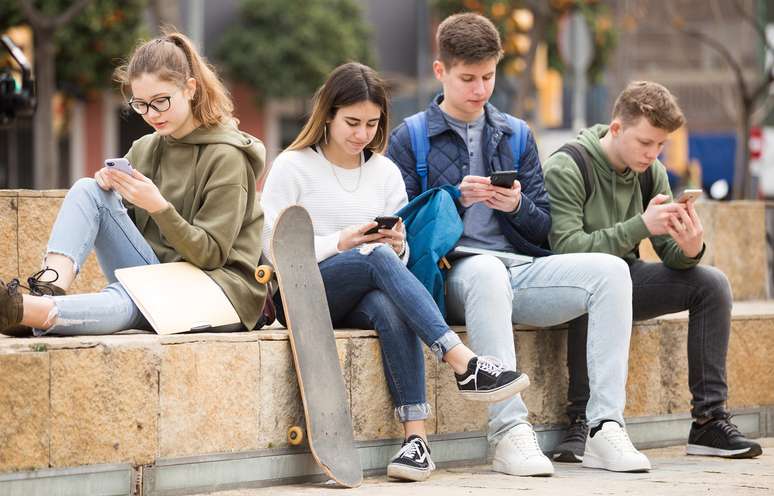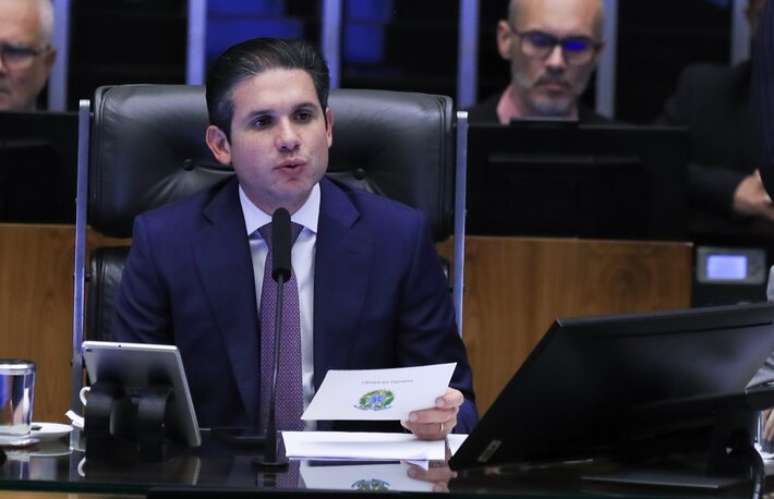The measures announced in recent weeks can be allies of this change, such as the obligation for schools to curb bullying and intolerance.
According to recent research, Brazil has faced a deterioration in important indicators of the quality of education for children and adolescents. How can this scenario be changed? Part of this improvement has to do with formal education (the content that students must learn in class) and another considerable part has to do with the perception of school as a healthier and more inclusive environment. In this sense, some measures announced in recent weeks can be valuable allies in this change.
School in the fight against intolerance
Last week, the STF (Federal Supreme Court) formed a majority to force schools, both public and private, to curb bullying, racism, machismo and all other forms of intolerance. The appeal, filed by PSOL, asks the STF to consider the fight against various forms of intolerance and discrimination an obligation of the country’s educational networks.
The measure is a reaction to the withdrawal of the fight against intolerance from the latest National Education Plan (PNE), which establishes objectives and responsibilities for the implementation of educational policies. In this vacuum, several municipalities and states have passed laws that go against this type of debate in the classroom.
The STF decision means that actions and practices aimed at curbing intolerance must be included in the next PNEs. The current one is in effect until the end of 2024 and Congress must approve the new plan, sent last week by President Lula.
Several studies show that any form of prejudice and intolerance worsens the environment for everyone (in schools as well as in companies) and constitutes a barrier to mental health, relationships, learning and performance.
It is essential that schools, where young people interact, learn and become citizens, play an active role in combating any form of intolerance. Remembering, of course, that actions must also consider phenomena such as cyberbullying and other forms of violence that also occur online.
Betting will have to warn about risks and impacts
Another issue comes from the world of betting. Betting (betting platforms) must warn bettors about the risks of addiction that this type of behavior can cause in their financial life and mental health.
Similar to what is already happening today with cigarettes and alcohol, the advertising of these platforms should include a label warning about the risks of this type of consumption. The law on the betting market is from December 2023 and the Ministry of Finance is preparing a series of ordinances that will regulate this legislation.
The warnings should reinforce messages about responsible gambling and the risks of addiction, as well as clarify that gambling is not investing, which carries a real possibility of losing money and going into debt.
The role of influencers, who have a strong appeal to their followers in promoting these platforms, will also be regulated. Recently, the “tigrinho game” made headlines due to a fraud regarding its distribution.
At this point it is essential to effectively control minors’ access to this type of platform. As with any type of behavior that can generate addiction, young people are more exposed to risks, due to their greater emotional vulnerability and neuronal maturation.
As they become more and more connected and involved with technologies and screens, the presence of these platforms in their lives becomes a real threat to the risk of getting into debt and having to face the consequences for their lives.
Digital Education
Both the discussion on the risk of online betting and the fight against various forms of intolerance imply the importance of reflecting more deeply on the issue of digital education for young people.
Their omnipresence on social media and screens, from a very young age, shows how important it is to start this type of education early, both at home (with parental moderation) and at school and in the classroom.
Only in this way can we apply strategies and measures that go beyond bans and censorship, which can be easily circumvented. It is important that they create their own digital autonomy by knowing how to identify risks and make the best choices.
*Jairo Bouer is a psychiatrist and writes weekly for Terra Você.
Source: Terra
Ben Stock is a lifestyle journalist and author at Gossipify. He writes about topics such as health, wellness, travel, food and home decor. He provides practical advice and inspiration to improve well-being, keeps readers up to date with latest lifestyle news and trends, known for his engaging writing style, in-depth analysis and unique perspectives.









